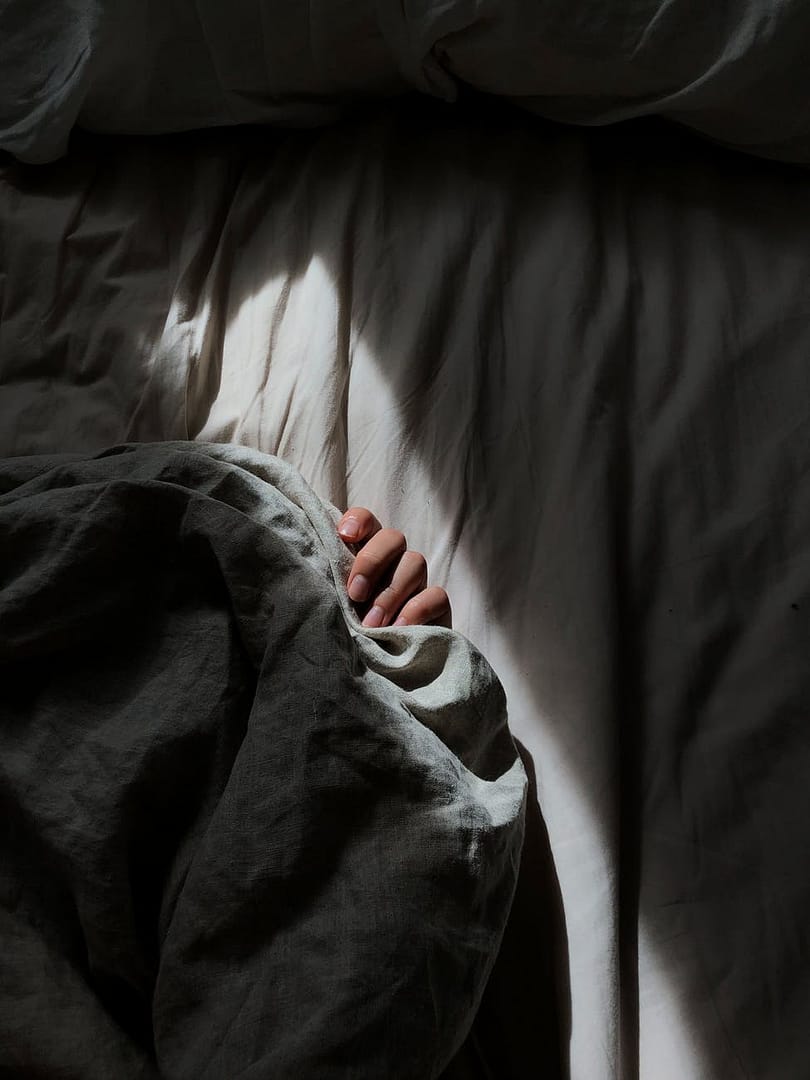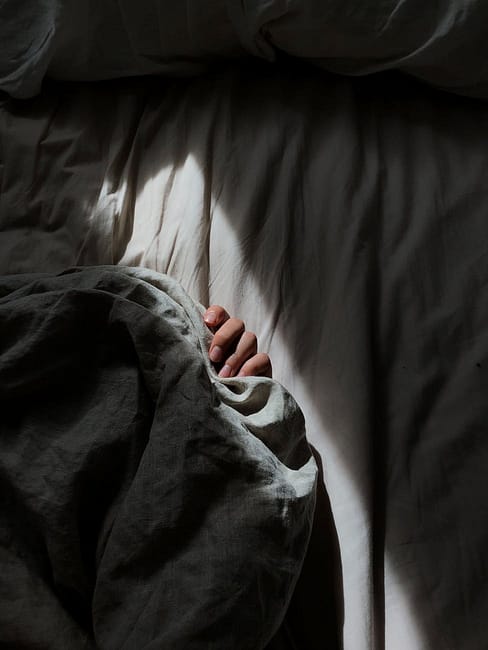
Does High Blood Pressure Cause Sleep Apnoea? What to Know
In the present age, High blood pressure is a significant concern to cause health havoc which comes with considerable discomfort and risk of death. Health conditions caused by high blood pressure include heart problems such as heart attacks, strokes, heart failure and even kidney disease. This article will discuss another discomfort caused by high blood pressure affecting sleep quality, i.e. sleep apnoea. The question is, “does high blood pressure cause sleep apnoea?”. To find the answer to this question, first, let me define what sleep apnoea is?
What is Sleep Apnoea?

Sleep apnoea is a sleeping disorder in which a person’s breathing is interrupted while sleeping. People suffering from sleep apnoea stop breathing many times during sleep leading to insufficient oxygen supply to the brain and the body.
If untreated, sleep apnoea can lead to serious health problems, such as high blood pressure and heart problems. Untreated sleep apnoea stops breathing repeatedly during sleep, causing loud snoring and daytime tiredness. Sleep apnoea can affect anyone, but older and overweight men are at risk.
Sleep apnoea can cause several health problems if left untreated, including hypertension (high blood pressure), stroke, cardiomyopathy (enlargement of the heart’s muscle tissue), heart attack, heart failure, and diabetes.
What are the Different Types of Sleep Apnoea?
Sleep apnoea is a sleeping disorder, and it can be of different kinds depending on the cause. If you snore loudly and have difficulty or interrupted breathing often during sleep, you may have sleep apnoea. The main types of sleep apnoea are
Obstructive Sleep Apnoea
Obstructive sleep apnoea is the most common sleep-related breathing disorder. It causes repeated interruptions in breathing during sleep.
Obstructive sleep apnoea occurs when the muscles in the back of the throat relax more than usual to allow normal breathing.
The relaxed muscles narrow or closes while breathing and hampers the breathing for 10 seconds or more. This lowers the level of oxygen in the blood, causing a build-up of carbon dioxide. As a result, the brain senses this diminished breathing and shortly rouses you from sleep to reopen your airway. These awakening episodes are brief, and usually, you do not remember them.
The pattern repeats itself five to 30 times or more each hour, all night long, impairing the ability to reach the deep, restful phases of sleep. A notable sign of obstructive sleep apnoea is loud snoring.
Central Sleep Apnoea
Central sleep apnoea causes breathing to stops and repeatedly starts during sleep. It occurs because the brain doesn’t send proper signals to the muscles which control your breathing. Central sleep apnoea differs from obstructive sleep apnoea, in which a person cannot breathe normally because of upper airway obstruction. It is also less common than obstructive sleep apn0ea and results from heart failure and stroke conditions. Another likely cause is sleeping at a high altitude.
Does High Blood Pressure Cause Sleep Apnoea?
Sleep apnoea and high blood pressure have increased the risk of serious complications such as stroke and heart attack. Since the two conditions can affect conjointly, researchers reviewed the latest evidence to summarize that high blood pressure and sleep apnoea are related?. The review article was published in the medical journal Chest.
The researchers have found that obstructive sleep apnoea is most common among adults of 30–70 years. The condition affects more frequently men than women. The majority of patients with sleep apnoea or high blood pressure are overweight, which explains why many patients are affected by both conditions. Research implies that anywhere from 30–50% of patients with high blood pressure have sleep apnoea. However, sleep apnoea is more prevalent in patients with resistant hypertension. Resistant hypertension is a significant public health issue in which uncontrolled high blood pressure may lead to serious health complications.
The positive news is that treatment for sleep apnoea may help in decreasing blood pressure levels. A mask called continuous positive airway pressure (CPAP) helps improve normal breathing during sleep and reduces blood pressure levels. CPAP is particularly more effective in patients with resistant hypertension, serving as a potential treatment for these high-risk patients.
However, future research on the issue is required, particularly considering the effect of sleep apnoea treatments on high blood pressure. Although the findings of the studies are encouraging, more comprehensive studies are needed to evaluate the benefits of CPAP in patients with high blood pressure. Finding a more effective combination of sleep apnoea and high blood pressure treatments will help lower the potential risk of complications.
Another national multi-centre study at the Johns Hopkins School of Public Health confirms a possible connection between sleep apnoea and hypertension in both older and middle-aged adults. The study appears on April 12, 2000, Journal of the American Medical Association. The study found that people suffering from severe or moderate sleep apnoea were at greater risk of having high blood pressure.
“As a result of this study, we now believe that sleep apnoea may be one of the reasons why overweight people are at increased risk for high blood pressure,” said lead author Javier Nieto, MD, associate professor, Epidemiology, Johns Hopkins School of Public Health.
The connection between the two problems is crucial because high blood pressure can lead to serious adverse health consequences.
The study involved 6,000 adult men and women age 40 or older approximately. The problem of sleep apnoea in the participants was detected using polysomnography, which records brain waves, heartbeats, blood oxygen levels, and breathing rate all at the same time while a person sleeps. The average number of breathing interruptions per hour of sleep was determined to measure the degree of sleep apnoea.
The results showed that people with more than 30 pauses per hour of sleep were more than twice at risk of suffering from high blood pressure than those with no breathing stops.
Call to Action
If you have hypertension or feel episodes of interrupted breathing frequently, it is advisable to consult a doctor.
References:
https://www.jhsph.edu/news/news-releases/2000/apnea-hypertension.html
https://www.mayoclinic.org/diseases-conditions/central-sleep-apnea/symptoms-causes/syc-20352109
https://www.cardiosmart.org/news/2015/5/sleep-apnea-and-high-blood-pressure-a-dangerous-pair
https://www.mayoclinic.org/diseases-conditions/sleep-apnea/symptoms-causes/syc-20377631





